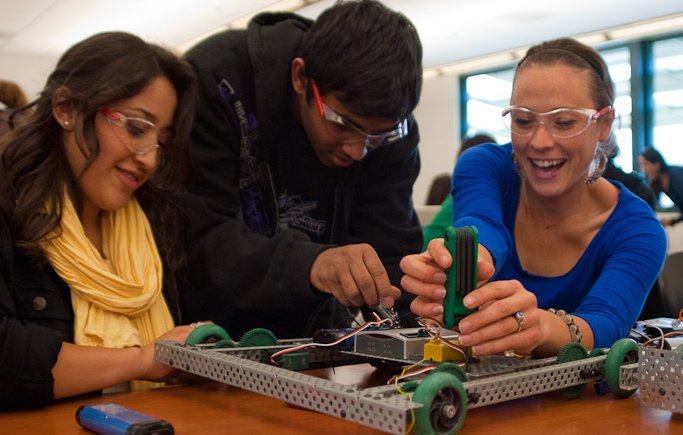Antiracist activities and policies for student-led study groups
Arendale, D. R., Abraham, N., Barber, D., Bekis, B., Claybourne, C., Edenfeld, K., Epps, K., Hutchinson, K, Jimenez, J., Killingbeck, K, Pokhrel, R., Schmauch, N., & Woodruff, R. (2022). Antiracist activities and policies for student-led study groups. Journal of College Academic Support Programs, 5(1), 12-29. https://doi.org/10.36896/5.1sc1 https://digital.library.txstate.edu/handle/10877/16176
Issues of race and marginalization do not often intersect with publications related to developmental education and learning assistance. Too often, these issues have been ignored. This guide to antiracism policies and practices for student-led study groups is based on a careful review of scholarly articles, books, existing guides, practical experiences by the authors, and feedback from the study group administrators in the field. While much has been written about culturally-sensitive pedagogies for K-16 classroom instruction, little has emerged for guiding postsecondary peer study groups regarding antiracism practices. This guide helps address this gap in the literature and recommended practices. In addition to its application for academic study groups, this guide has value for faculty members to incorporate antiracism learning activities and pedagogies into their courses. Effective learning practices are identified in this article that can be adapted and adopted for supporting higher student achievement, closing the achievement gap, increasing persistence to graduation, and meeting the needs of culturally-diverse and historically-underrepresented students. This is an excerpt from a much-longer and detailed guide that will be published in the near future.

